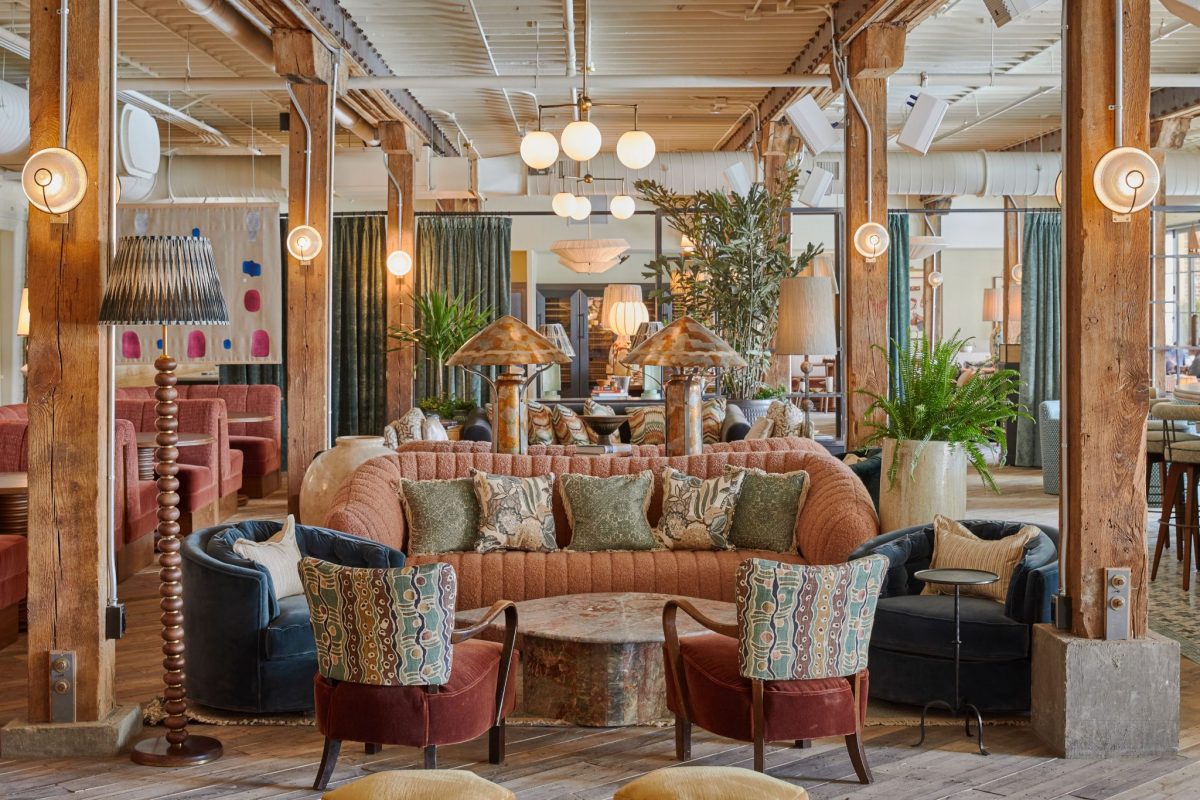Skift Take
Membership Collective Group and its leading brand Soho House haven’t seen profitability since the first club opened more than 25 years ago. Opening more clubs at reduced costs can lead to profits, but that also risks diluting the exclusivity once associated with the brand.
Hospitality companies typically rely on making profits by opening more properties, but that usually comes at the expense of a trendy reputation.
Soho House owner Membership Collective Group must somehow find a way to achieve both.
MCG, which launched last year amid the Soho House parent company going public, lost more than $265 million last year and lost nearly $42 million in the fourth quarter alone, the company reported earlier this week. The company has never achieved profitability since the first Soho House opened in London in 1995, and MCG lists its potential inability to ever post a profit as a risk factor in its most recent annual 10-K filing with the U.S. Securities and Exchange Commission.
The Soho House parent company had accumulated a little more than $1 billion in debt as of early January, up from the $757 million deficit seen a year prior. Investments typically go toward opening new Houses and launching new businesses (the company operates other brands like beach club Scorpios and newer membership club The Ned). The company is also investing in a digital membership platform.
MCG provided some degree of a road map toward profitability, or at least how it could reduce its own costs in opening new clubs, amid a significant expansion spree in coming years.
Further details were provided in the annual filing about MCG’s declining development costs at new Soho Houses, as Skift first reported last year.
The company previously spent $10 million or more opening new Houses. But the company now leverages its brand appeal to landlords, who shoulder more of the build-out costs since having a Soho House on-site can elevate the appeal of the rest of a real estate development. MCG estimates it now spends between $3 to $6 million on each new House.
“A new Soho House membership incurs virtually no membership acquisition cost, since we do not conduct any paid marketing,” MCG’s filing states. “Driven by consistently high retention and minimal costs associated with retaining or supporting our members, Soho House enjoys a very attractive member lifetime value. We believe new memberships will also provide compelling economics and be accretive to our profit, as they can be created and operated in an asset-light manner that leverages the existing platform.”
But this once again raises concerns of whether the brand might be shooting itself in the foot by sacrificing the cool factor it needs to bring in new members by expanding too fast.
MCG previously indicated it would expand by five to seven new Soho Houses annually, but company leaders this week announced they boosted that growth target to eight to 10 new clubs annually. The company plans to double the overall Soho House footprint to 85 houses in the next five years. But rapid growth can dilute a brand and drive away potential members who only want to join something because it is truly exclusive.
Once-trendy cycling studio SoulCycle notably struggled to retain its hip reputation once it began to expand significantly outside Manhattan and suddenly faced increased competition with more affordable alternatives and the rise of at-home products like Peloton, which ran into its own struggles after hitting a growth ceiling amid the relaxation of pandemic restrictions.
Hotels have a similar scalability-cool factor conundrum, as analysts often argue trendy brands lose their edge when major hotel parent companies take over. Accor appeared to have these fears in mind when deciding to spin out its line-up of lifestyle hotels into a standalone entity with Ennismore, owner of The Hoxton and Gleneagles brands.
Soho House’s lack of direct competition in the membership club space might benefit the brand for now and prevent the kind of growth woes seen in other sectors of hospitality.
Morgan Stanley issued a memo this week on MCG, lowering the price target on the company’s stock price from $16 to $11. The company’s stock, trading below $8 a share Friday afternoon, has underwhelmed since its debut last summer. But Morgan Stanley’s overweight rating on the stock indicates potential for the brand to eventually perform better, and analysts noted MCG is in a unique position to grow in the future.
But even Morgan Stanley’s memo noted, “MCG relies on growing Houses, memberships, and profits, while keeping its ‘cool factor,’ which creates high execution risk.”
Have a confidential tip for Skift? Get in touch
Tags: membership clubs, soho house
Photo credit: Recent Soho House openings include a property in Nashville (pictured). Membership Collective Group
